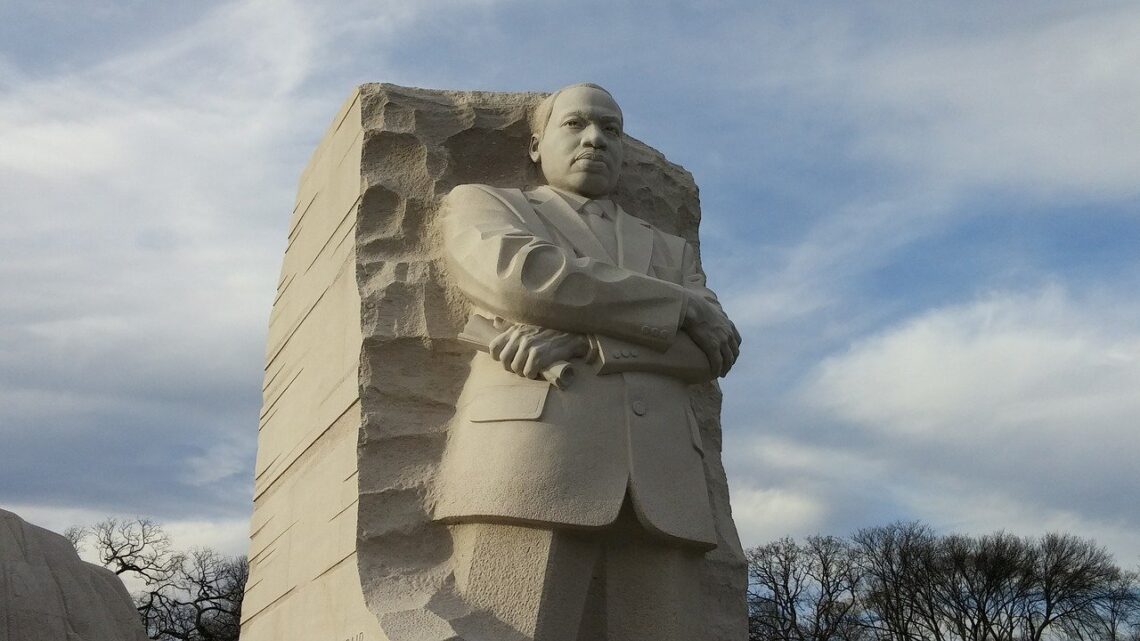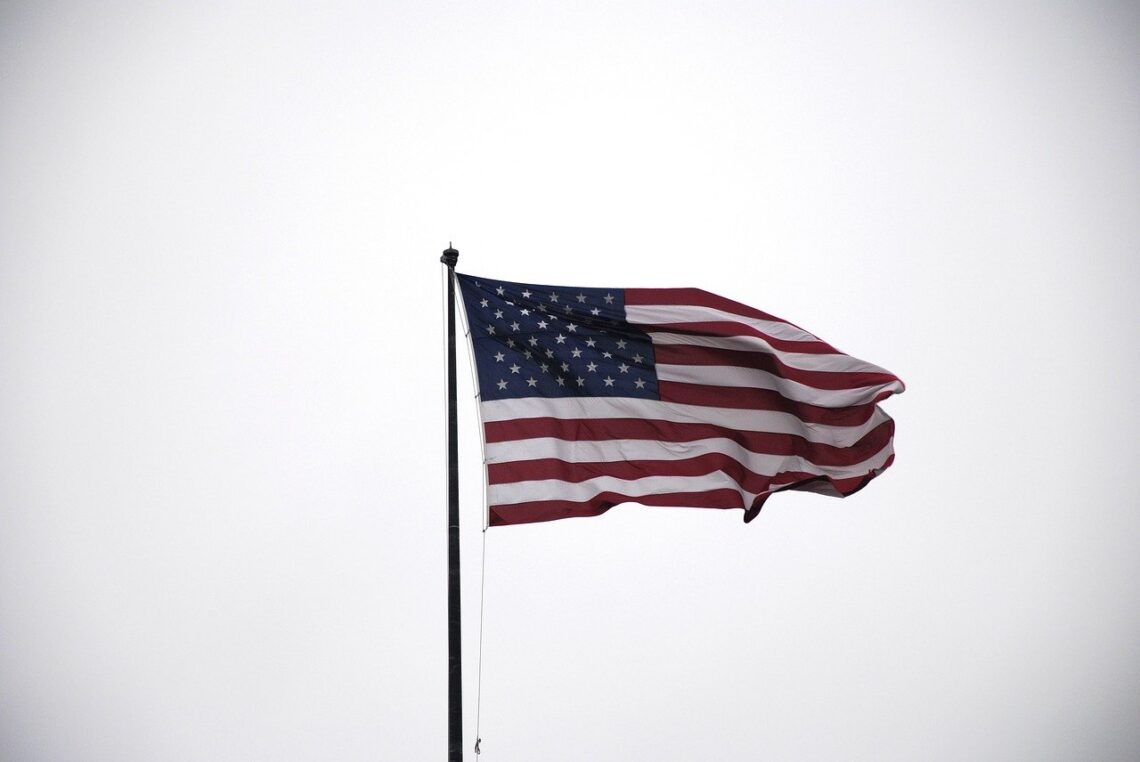-
Saturday Civilities: Part 3
The time has come to look at numbers 21-30 of George Washington’s “Rules of Civility” (if you missed last week’s post you can find it here). See you next Saturday!
21. Reproach none for the Infirmities of Nature, nor Delight to Put them that have in mind thereof.
22. Show not yourself glad at the Misfortune of another though he were your enemy.
23. When you see a Crime punished, you may be inwardly Pleased; but always show Pity to the Suffering Offender.
24. Do not laugh too loud or too much at any Public Spectacle.
25. Superfluous Complements and all Affectation of Ceremony are to be avoided, yet where due they are not to be Neglected.
26. In Pulling off your Hat to Persons of Distinction, as Noblemen, Justices, Churchmen &c make a Reverence, bowing more or less according to the Custom of the Better Bred, and Quality of the Person. Amongst your equals expect not always that they Should begin with you first, but to Pull off the Hat when there is no need is Affectation, in the Manner of Saluting and resaluting in words keep to the most usual Custom.
27. Tis ill manners to bid one more eminent than yourself be covered as well as not to do it to whom it’s due Likewise he that makes too much haste to Put on his hat does not well, yet he ought to Put it on at the first, or at most the Second time of being asked; now what is herein Spoken, of Qualification in behavior in Saluting, ought also to be observed in taking of Place, and Sitting down for ceremonies without Bounds is troublesome.
28. If any one come to Speak to you while you are are Sitting Stand up though he be your Inferior, and when you Present Seats let it be to every one according to his Degree.
29. When you meet with one of Greater Quality than yourself, Stop, and retire especially if it be at a Door or any Straight place to give way for him to Pass.
30. In walking the highest Place in most Countries Seems to be on the right hand therefore Place yourself on the left of him whom you desire to Honor: but if three walk together the middest Place is the most Honorable the wall is usually given to the most worthy if two walk together.
*All spelling is original
-
Learning
“Learning is not attained by chance, it must be sought for with ardor and diligence.”
– Abigail Adams,
letter to John Quincy Adams -
Martin Luther King Jr. Day
“All I’m trying to say is, our world hinges on moral foundations. God has made it so! God has made the universe to be based on a moral law. So long as man disobeys it he is revolting against God. That’s what we need in the world today – people who will stand for right and goodness. It’s not enough to know the intricacies of zoology and biology. But we must know the intricacies of law. It is not enough to know that two and two makes four. But we’ve got to know somehow that it’s right to be honest and just with our brothers. It’s not enough to know all about our philosophical and mathematical disciplines. But we’ve got to know the simple disciplines, of being honest and loving and just with all humanity. If we don’t learn it, we will destroy ourselves, by the misuse of our own powers.”
– Martin Luther King Jr.,
“Rediscovering Lost Values”, 1954*Stone of Hope statue, Martin Luther King Jr. Memorial,
Washington, D.C. (source) -
Saturday Civilities: Part 2
Welcome back for the continuation of Washington’s “Rules of Civility”! This week we will be looking at numbers 11-20 (if you missed the first post, you can view it here). Be sure to visit again next week!
11. Shift not yourself in the Sight of others nor Gnaw your nails.
12. Shake not the head, Feet, or Legs roll not the Eyes lift not one eyebrow higher than the other wry not the mouth, and bedew no mans face with your Spittle, by approaching too near him when you Speak.
13. Kill no Vermin as Fleas, lice ticks &c in the Sight of Others, if you See any filth or thick Spittle put your foot Dexterously upon it if it be upon the Cloths of your Companions, Put it off privately, and if it be upon your own Cloths return Thanks to him who puts it off.
14. Turn not your Back to others especially in Speaking, Jog not the Table or Desk on which Another reads or writes, lean not upon any one.
15. Keep your Nails clean and Short, also your Hands and Teeth Clean yet without Showing any great Concern for them.
16. Do not Puff up the Cheeks, Loll not out the tongue rub the Hands, or beard, thrust out the lips, or bite them or keep the Lips too open or too Close.
17. Be no Flatterer, neither Play with any that delights not to be Play’d Withal.
18. Read no Letters, Books, or Papers in Company but when there is a Necessity for the doing of it you must ask leave: come not near the Books or Writings of Another so as to read them unless desired or give your opinion of them unasked also look not nigh when another is writing a Letter.
19. Let your Countenance be pleasant but in Serious Matters Somewhat grave.
20. The Gestures of the Body must be Suited to the discourse you are upon.
*All spelling is original
-
Character and Reputation
“Character is like a tree and reputation like a shadow. The shadow is what we think of it; the tree is the real thing.”
– Abraham Lincoln
-
Saturday Civilities: Part 1
Over the next several months we will take each Saturday to look at George Washington’s “Rules of Civility”. Originally written in 1595 by French Jesuits and translated into English in 1640 (see here for a more extensive history), they have become known as Washington’s rules because of the great influence they had on him; in fact, when he was about 16 years old he copied out by hand all 110 rules in a school book. While many of these rules may seem quaint or unimportant in this day and age, it is hard to argue that our culture could exercise a few more social graces–and what better person to learn from than the Father of our Country, a perfect gentleman by all accounts. So without further ado, here are the first ten Rules. Stay tuned for next week’s post!
1. Every Action done in Company, ought to be with Some Sign of Respect, to those that are Present.
2. When in Company, put not your Hands to any Part of the Body, not usually Discovered.
3. Show Nothing to your Friend that may affright him.
4. In the Presence of Others Sing not to yourself with a humming Noise, nor Drum with your Fingers or Feet.
5. If You Cough, Sneeze, Sigh, or Yawn, do it not Loud but Privately; and Speak not in your Yawning, but put Your handkerchief or Hand before your face and turn aside.
6. Sleep not when others Speak, Sit not when others stand, Speak not when you Should hold your Peace, walk not on when others Stop.
7. Put not off your Cloths in the presence of Others, nor go out your Chamber half Dressed.
8. At Play and at Fire its Good manners to Give Place to the last Commer, and affect not to Speak Louder than Ordinary.
9. Spit not in the Fire, nor Stoop low before it neither Put your Hands into the Flames to warm them, nor Set your Feet upon the Fire especially if there be meat before it.
10. When you Sit down, Keep your Feet firm and Even, without putting one on the other or Crossing them.
*All spelling is original
-
American Citizenship
“This principle can not be too definitely or emphatically proclaimed. American citizenship is a high estate. He who holds it is the peer of kings. It has been secured only by untold toil and effort. It will be maintained by no other method. It demands the best that men and women have to give. But it likewise awards to its partakers the best that there is on earth. To attempt to turn it into a thing of ease and inaction would be only to debase it. To cease to struggle and toil and sacrifice for it is not only to cease to be worthy of it but is to start a retreat toward barbarism. No matter what others may say, no matter what others may do, this is the stand that those must maintain who are worthy to be called Americans.”
– Calvin Coolidge (July 4th, 1872 – January 5th, 1933),
from “Freedom and its Obligations”, 1924 -
New Years Day 2021
“Be at war with your vices, at peace with your neighbors, and let every new year find you a better man.”
– Benjamin Franklin
-
Christmas Day 2020
All praise to thee, eternal lord,
clothed in a garb of flesh and blood;
choosing a manger for thy throne,
while worlds on worlds are thine alone.Once did the skies before thee bow;
a virgin’s arms contain thee now:
angels, who did in thee rejoice
now listen for thine infant voice.A little child, thou art our guest,
that weary ones in thee may rest;
forlorn and lowly is thy birth,
that we may rise to heav’n from earth.Thou comest in the darksome night
to make us children of the light,
to make us, in the realms divine,
like thine own angels round thee shine.All this for us thy love hath done;
by this to thee our love is won:
for this we tune our cheerful lays,
and shout our thanks in ceaseless praise.– “All Praise to Thee, Eternal Lord”,
Martin Luther, 1524 -
Posterity
“Among the sentiments of most powerful operation upon the human heart, and most highly honorable to the human character, are those of veneration for our forefathers, and of love for our posterity. They form the connecting links between the selfish and the social passions. By the fundamental principle of Christianity, the happiness of the individual is interwoven, by innumerable and imperceptible ties, with that of his contemporaries. By the power of filial reverence and parental affection, individual existence is extended beyond the limits of individual life, and the happiness of every age is chained in mutual dependence upon that of every other. Respect for his ancestors excites, in the breast of man, interest in their history, attachment to their characters, concern for their errors, involuntary pride in their virtues. Love for his posterity spurs him to exertion for their support, stimulates him to virtue for their example, and fills him with the tenderest solicitude for their welfare. Man, therefore, was not made for himself alone. No, he was made for his country, by the obligations of the social compact; he was made for his species, by the Christian duties of universal charity; he was made for all ages past, by the sentiment of reverence for his forefathers; and he was made for all future times, by the impulse of affection for his progeny. Under the influence of these principles,
‘Existence sees him spurn her bounded reign.’
They redeem his nature from the subjection of time and space; he is no longer a ‘puny insect shivering at a breeze’; he is the glory of creation, formed to occupy all time and all extent; bounded, during his residence upon earth, only to the boundaries of the world, and destined to life and immortality in brighter regions, when the fabric of nature itself shall dissolve and perish.”
– John Quincy Adams,
excerpt from his “Oration at Plymouth”, December 22nd, 1802*Portrait of John Quincy Adams by Charles Robert Leslie, 1816 (source)









